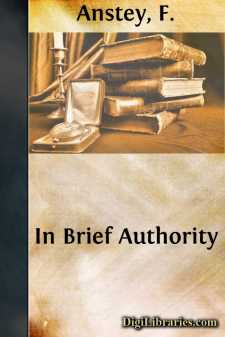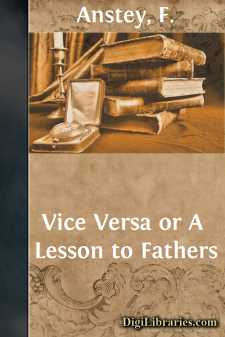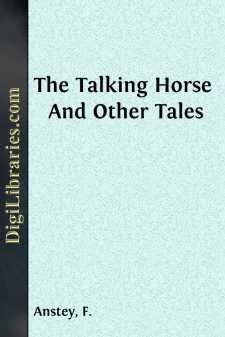Categories
- Antiques & Collectibles 13
- Architecture 36
- Art 48
- Bibles 22
- Biography & Autobiography 815
- Body, Mind & Spirit 144
- Business & Economics 28
- Children's Books 18
- Children's Fiction 14
- Computers 4
- Cooking 94
- Crafts & Hobbies 4
- Drama 346
- Education 58
- Family & Relationships 59
- Fiction 11835
- Games 19
- Gardening 17
- Health & Fitness 34
- History 1378
- House & Home 1
- Humor 147
- Juvenile Fiction 1873
- Juvenile Nonfiction 202
- Language Arts & Disciplines 89
- Law 16
- Literary Collections 686
- Literary Criticism 179
- Mathematics 13
- Medical 41
- Music 40
- Nature 180
- Non-Classifiable 1768
- Performing Arts 7
- Periodicals 1453
- Philosophy 65
- Photography 2
- Poetry 896
- Political Science 203
- Psychology 44
- Reference 154
- Religion 515
- Science 126
- Self-Help 85
- Social Science 83
- Sports & Recreation 34
- Study Aids 3
- Technology & Engineering 60
- Transportation 23
- Travel 463
- True Crime 29
Our website is made possible by displaying online advertisements to our visitors.
Please consider supporting us by disabling your ad blocker.
In Brief Authority
by: F. Anstey
Description:
Excerpt
"THE SKIRTS OF HAPPY CHANCE"
On a certain afternoon in March Mrs. Sidney Stimpson (or rather Mrs. Sidney Wibberley-Stimpson, as a recent legacy from a distant relative had provided her with an excuse for styling herself) was sitting alone in her drawing-room at "Inglegarth," Gablehurst.
"Inglegarth" was the name she had chosen for the house on coming to live there some years before. What it exactly meant she could not have explained, but it sounded distinguished and out of the common, without being reprehensibly eccentric. Hence the choice.
Some one, she was aware, had just entered the carriage-drive, and after having rung, was now standing under the white "Queen Anne" porch; Mitchell, the rosy-cheeked and still half-trained parlour-maid, was audible in the act of "answering the door."
It being neither a First nor a Third Friday, Mrs. Stimpson was not, strictly speaking, "at home" except to very intimate friends, though she made a point of being always presentable enough to see any afternoon caller. On this occasion she was engaged in no more absorbing occupation than the study of one of the less expensive Society journals, and, having already read all that was of real interest in its columns, she was inclined to welcome a distraction.
"If you please, m'm," said Mitchell, entering, "there's a lady wishes to know if she could see you for a minute or two."
"Did you ask her to state her business, Mitchell?... No? Then you should have. Called for a subscription to something, I expect. Tell her I am particularly engaged. I suppose she didn't give any name?"
"Oh yes, m'm. She give her name—Lady 'Arriet Elmslie, it was."
"Then why on earth didn't you say so before," cried the justly exasperated Mrs. Wibberley-Stimpson, "instead of leaving her ladyship on the door-mat all this time? Really, Mitchell, you are too trying! Go and show her in at once—and be careful to say 'my lady.' And bring up tea for two as soon as you can—the silver tea-pot, mind!"
It might have been inferred from her manner that she and Lady Harriet were on terms of closest friendship, but this was not exactly the case. Mrs. Stimpson had indeed known her for a considerable time, but only by sight, and she had long ceased to consider a visit from Lady Harriet as even a possible event. Now it had actually happened, and, providentially, on an afternoon when Mitchell's cap and apron could defy inspection. But if it was the first time that an Earl's daughter had crossed Mrs. Stimpson's threshold, she was not at all the woman to allow the fact to deprive her of her self-possession.
A title had no terror for her. Before her marriage, when she was Miss Selina Prinsley, she had acted as hostess for her father, the great financier and company promoter, who had entertained lavishly up to the date of his third and final failure. Her circle then had included many who could boast of knighthoods, and even baronetcies!
And, though Lady Harriet was something of a personage at Gablehurst, and confined her acquaintance to her own particular set, there was nothing formidable or even imposing in her appearance....








